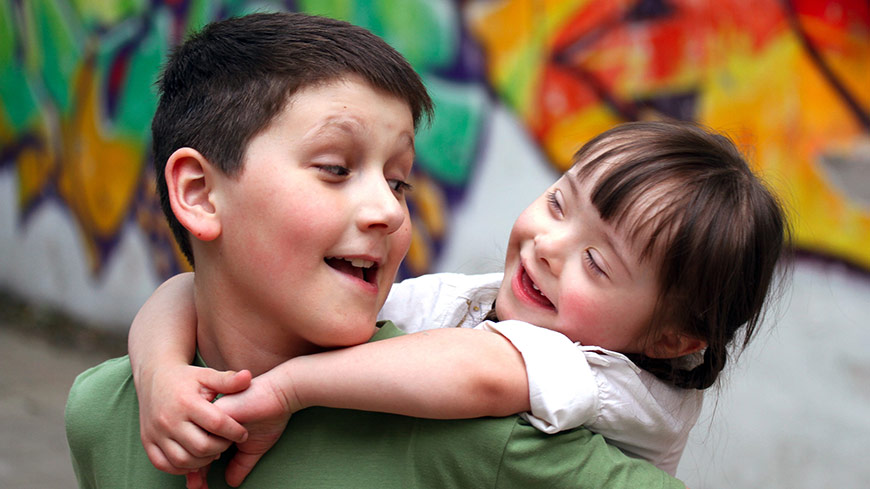Click here for the easy-to-read version
“The right to education is a fundamental human right. Yet, many European countries still deny thousands of children, including children with disabilities, […] equal access to it by keeping them in segregated schools.”
The Council of Europe Commissioner for Human Rights, Nils Muižnieks, has denounced this practice when releasing a paper on tackling school segregation through inclusive education.
The paper first provides an overview of school segregation in Council of Europe member states, as well as its main causes. It then reviews the risks that separate education entails and outlines the key principles that should underpin any policy to eradicate segregation and promote inclusive education. Finally, the report sets forth twelve recommendations to develop more inclusive education policies, in particular through improved anti-discrimination legislation, school desegregation strategies and better regulation of school admissions.
[Segregated schooling] is a violation of children’s human rights with far-reaching negative consequences for our societies.
said Commissioner Muižnieks. “Member states have an obligation to secure the right of every child to quality education without discrimination”.
He also pointed out that “school segregation harms children’s learning opportunities and is a clear injustice against minority and other vulnerable groups of people, which also perpetuates their marginalisation.” States should therefore “adopt a combination of strong anti-discrimination measures and policies that promote more inclusive education systems where all children learn together. This is not a utopian project, but an achievable goal that can ensure more equal treatment of all children and, in the long term, improve social cohesion.”
Easy-to-read version
Click on a word which is in blue to read what it means.
Nils Muižnieks has presented a paper that is against putting some children in different schools.
For example, putting children with intellectual disabilities in different schools. 
Nils Muižnieks is the Council of Europe Commissioner for Human Rights.
The Commissioner for Human Rights is someone who makes sure that everyone is treated like they should be.
The paper he presented is about how to use inclusive education
to have all children learn together in the same schools.
First this paper is about which countries in Europe
often put some children into different schools.
This paper also looks at why they are put in different schools.
The paper then says why all children should go to the same school.
It also says what we can do so all children can go to the same schools.
At the end, the paper talks about 12 ideas how to make education
more inclusive for all children.
Nils Muižnieks said that putting some children into separate schools is against their human rights.
Nils also said that every member of the Council of Europe has to stop discrimination
and give every child a good education.
Nils also said that this is something that can be done and will help all children to be treated the same.






